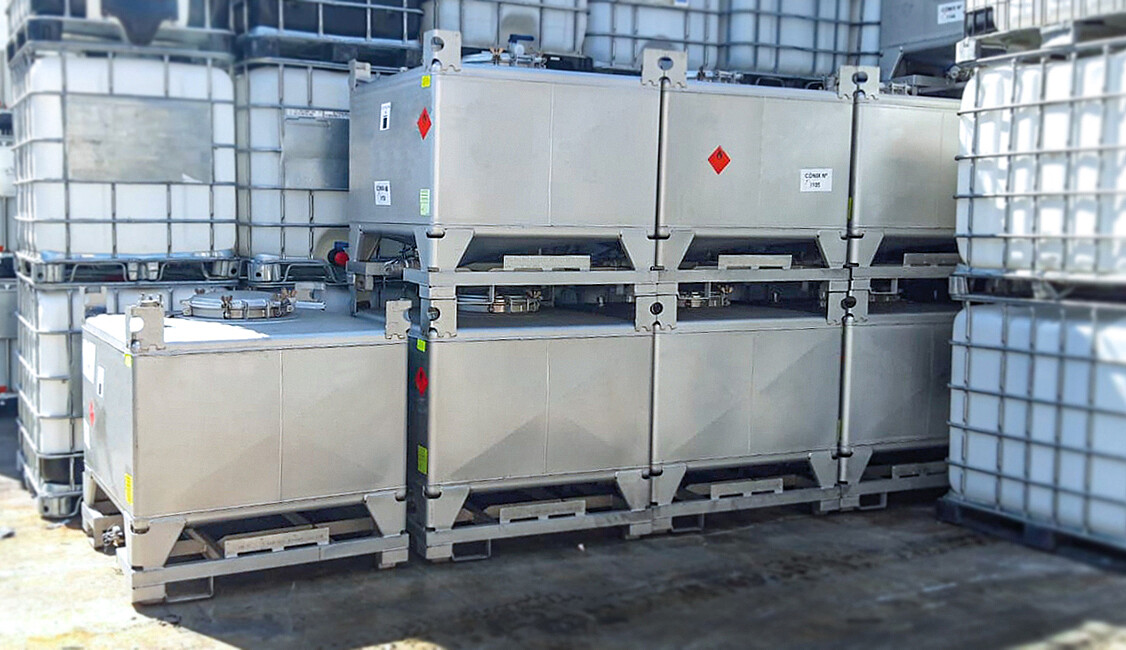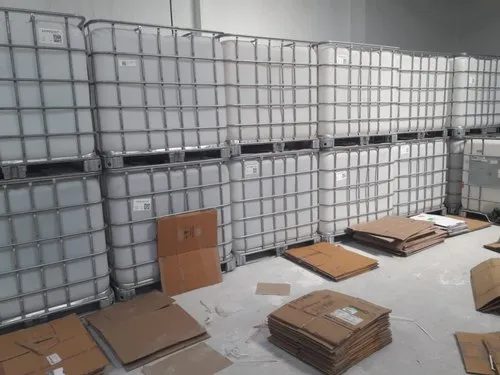Reusable Intermediate Bulk Containers (IBCs) were very useful in contemporary industrial supply chain and storage systems models. These multi- and reusable containers, which are used to transport and store, for example, liquids, pastes, and granular goods, are a sustainable and efficient alternative to single-use packaging. In an era where various industries seek sustainable working models, reusable IBCs have found quite a market.
Understanding reusable intermediate bulk container solutions better
Industrial services can be defined as the numerous activities provided to manufacturing, processing, and distribution industries. These services are essential for properly running the industrial processes and for the functionality of existing industries. Some of the sub-sectors that fall under this category include equipment maintenance and repairs, logistics and supplies management, industrial cleaning services, waste management, equipment hire, and engineering services, among others.
In waste management, reusable IBCs have helped reduce the amount of packaging waste produced. However, they have also led to the need to develop new processes for recycling and disposal of containers that may have reached their useful life. Waste materials generated in the industrial processes require proper management and handling. Thus, industrial service providers in this service delivery must develop certain ways of managing such materials.

With the industrial services sector’s enhancement, cutting-edge technologies enhance reusable IBC solutions. Modern sensors allow monitoring of the condition of the container, its load, and the external environment through constant data supply, helping to optimize the scenarios of the supply chain.
Sustainability will remain one of the primary forces in the creation of reusable intermediate bulk container solution. It means with more innovations in the circular economy, at some point manufacturers will start designing the containers in a way they can be disassembled for recycling at the end of the life cycle. It will, however, call for strict synergy and integration between the industrial service companies, manufacturers and the recycling industries.
There has also been pressure to make IBC construction environmentally friendly using bio-based plastics. These materials originating from renewable resources are more environmentally friendly than conventional petroleum plastics. The latter may require a lot of work from industrial service providers to assist the businesses in shifting towards these new types of materials and contain their life cycle.
Conclusion
Reusable IBC solutions have emerged as a reliable practice in most industries as they bring down packaging expenses through various methods. It is not limited to wrapping, as it has dominated the concepts of distribution networks, cleanness services, waste elimination, and even competitiveness by innovating the industrial picture.







